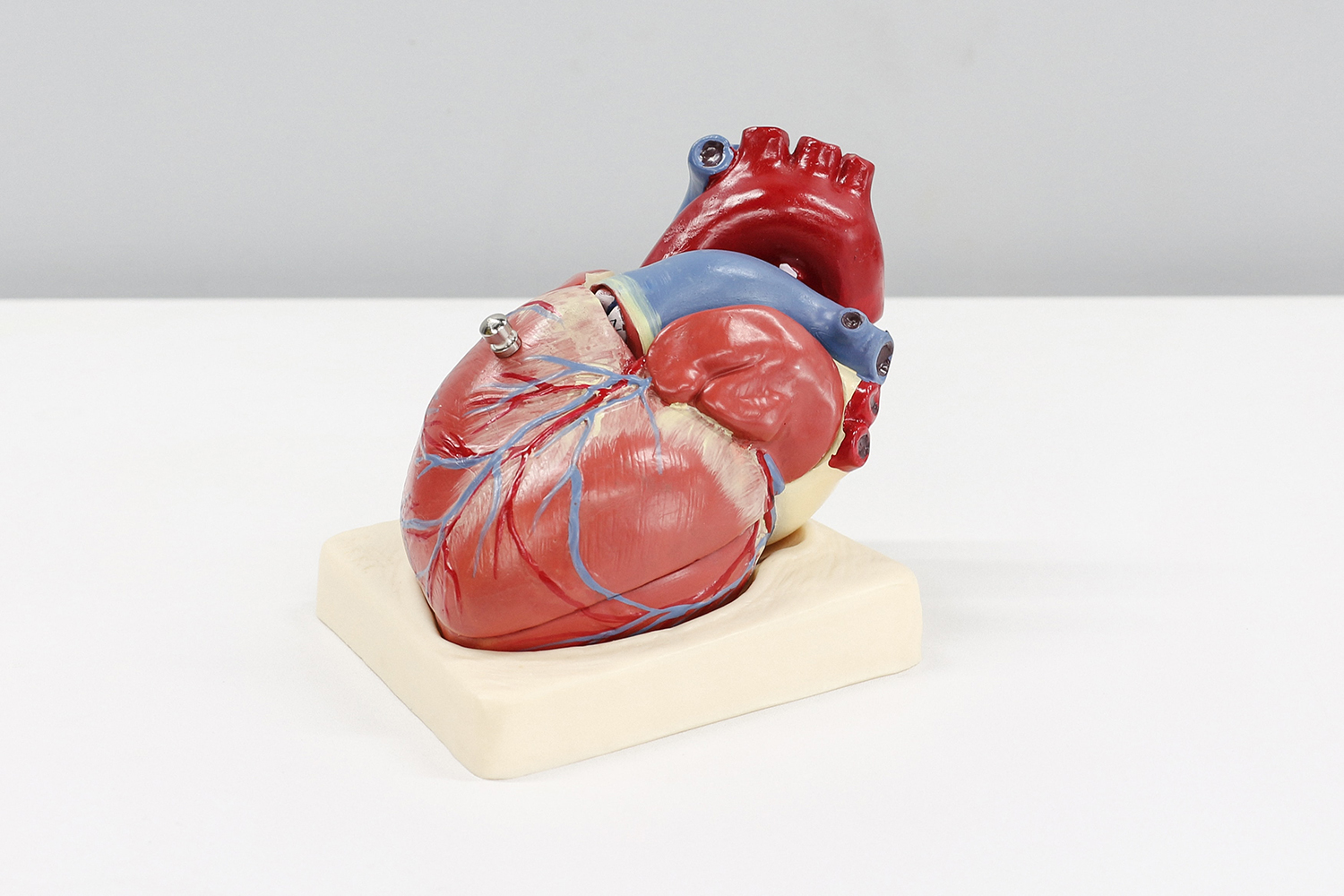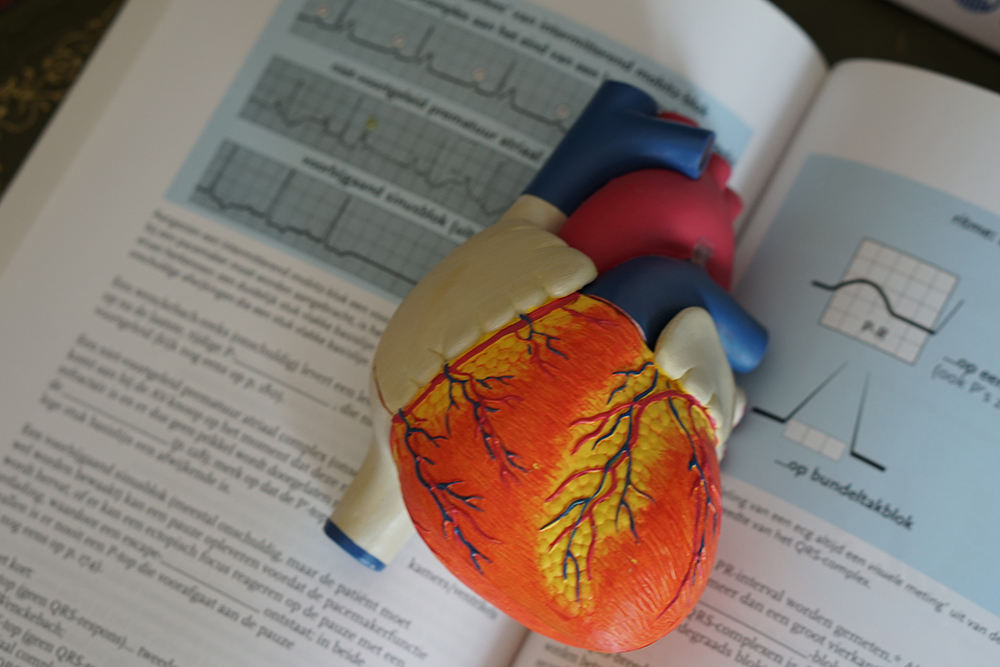How You Can Take Care of Your Heart
Contributed by Ryan Peterson.
We know that we have to take care of our hearts. Doing everything we can to eat well, lower our cholesterol, eat a balanced diet, and work out. One of the most beneficial things you can do for your health is to strengthen your heart.
And, as you may be aware, fitness is the most effective approach. In fact, if you are sedentary and do not exercise, you’re twice as likely to develop heart disease compared to someone physically active.

Once we have been successfully taking care of our own heart health for years, it doesn’t hurt to pass what you’ve learned on to others.
The fitness industry is one of the fastest-growing, and while there is money to be made here, it’s also putting the spotlight on people who are trying to do better.
Before you start running heart-healthy groups, it is a good idea to invest in group fitness certification online – so you are following best practices.
Below are some steps you can take to to encourage the people you know, and maybe some you don’t, to take care of their hearts.
Walking groups
Walking groups are one of the most enjoyable and lightest ways to tackle heart health. It doesn’t just promote heart healthy but mental well-being as well since it helps people get out of the house and spending time with others.
You can arrange weekly local walks and create new routes each time.
Continue readingThe Tricky Relationship Between Salt And Your Heart
Contributed by Ryan Peterson.

Salt is used in most cooking recipes and forms a large part of the modern diet. However, there have long been discussions over the need for it in our bodies. Salt, or sodium, can interact with our internal system in a multitude of ways. As a consequence, it has an impact on our overall heart health.
More to the point, what sort of impact does it have? Most of us have grown up knowing salt is bad for us and can lead to health problems. But, is this truly the case?
What is salt?
Salt (sodium) is a mineral that’s vital for the function of the human body. Our bodies use sodium to maintain healthy nerve functions, as well as to keep our body’s fluid levels balanced. In fact, when you feel dehydrated, it’s recommended that you add some salt to your water as it can help hydrate you by replenishing electrolyte stores. Salt is also suggested for anyone suffering from muscle cramps as a lack of it in the system can lead to excessive muscle cramping.
Consequently, you can argue that salt is an essential nutrient our bodies need. Cutting salt out of your diet is not a healthy decision as it can cause a variety of ongoing health problems.
Continue readingHeart, Mind & Body: 3 Things You Should Be Doing
Contributed by Ryan Peterson.
Your overall health should be your main priority. One minor setback in your health can be devastating, and not just physically. Occasionally, however, the thought of ‘doing what we should’ by going to the gym and eating celery sticks might become extremely boring and repetitive, causing us to slip up and fall into bad lifestyle habits. If you want to improve your mental, emotional, and physical health, there are things that you can incorporate into your daily routine. This list of fun and healthy activities is a great place to start.

Make your minder work harder.
It’s not uncommon for people who work regular 9 to 5 jobs to have days where they feel like crying because their work is so exhausting. In order to reduce the likelihood of developing Alzheimer’s or Dementia later in life, it is critical that we keep our minds active throughout our lives. Make it a point to keep your mind sharp by participating in various activities, such as an escape room or puzzles and crosswords.
There are plenty of mind training games you can use completely free online – and you can find solutions for your connectivity or computer issues yourself – without involving the kids for as long as possible!
Challenges that you wouldn’t otherwise encounter can be overcome by either working alone or in a group. As a bonus, you’ll be having a good time while doing it!
Continue reading6 Tips for Keeping a Healthy Smile (and reducing heart disease risk)
Contributed by Ryan Peterson.
When it comes to your oral health, it’s something that you don’t want to ever neglect. Our pearly whites are more important to us than you may think. If we get an infection in our mouth, there’s a chance that it can spread to the rest of the body. Multiple studies have shown a strong association between oral health and heart disease. In general, having a healthy mouth is very important and it truly can affect multiple aspects of your health.
Here are some dental care tips to ensure that you have a healthy smile.

Brush and floss every day
Since you were a child, you were told to brush every day, twice a day. We already know to brush once in the morning and once at night. But plenty of people neglect to floss. Flossing is so important as it removes plaque from spots your toothbrush can’t reach. Plaque can eventually lead to tooth decay if you’re not careful, but it can even lead to gum disease as well as cardiovascular problems.
Have a healthy diet
You already know that sugar isn’t the best for your teeth. A healthy diet is wonderful for your mental health, physical health, as well as your oral health. Good nutrition is going to build strong bones and teeth. Fruits and vegetables are quite chewy which helps the production of saliva. Saliva helps in cleaning out the mouth naturally. You can utilize both a nutritionist to help you get on track with a balanced diet as well as one of the many nutrition apps available to maintain positive changes (ie a food diary).
Continue readingMyths About Heart Health That You Should Know
Contributed by Ryan Peterson.
Much has been written about proper nutrition for heart patients, but some information has turned out to be a myth. To educate yourself further, consider reading Brad Schaeffer MedComp Sciences. Below I cover why these 3 nutritional myths belong in the realm of fairy tales.

Myth 1:
“People affected by chronic heart disease should consume omega-3 and omega-6 fatty acids. These fatty acids have a protective effect on blood vessels.” This is partly true. Basically, omega polyunsaturated fatty acids are healthy. However, omega-3’s and omega-6’s differ in their effect. Omega-3 fatty acids work against inflammation, blood clots, and cardiac arrhythmias, and they also lower blood pressure. The composition of the fats in the blood and the health of the blood vessel walls can be improved by eating a diet rich in omega-3s. On the other hand, omega-6 fatty acids can both fight and promote inflammation. The body can use omega-6 fatty acid to make molecules that promote inflammation. Therefore, the proportion of omega-6 fatty acids compared to omega-3 fatty acids in food should not exceed a ratio of 5:1.
Continue readingWhy Heart Disease Is Increasing in The United States
For some years now, heart disease has been the number one killer in the United States. According to Healthline research, 647,000 Americans die annually from poor heart health or other conditions related to the heart and the cardiovascular system in general. The CDC says the numbers may increase by 2025 if Americans don’t take the necessary steps. So why is heart disease on the rise in the US? Why is it cutting short people’s lifespan? This article compiles some reasons this is so.
1. Increased cases of obesity

According to the CDC, the average American is overweight and does not make healthy choices to lose the excess weight. The current obesity prevalence rate in the country stands at 42.4% (2020), and even this statistic is exclusively for persons considered as morbidly obese. So how does obesity contribute to poor heart health? First, obesity is the abnormal accumulation of fat in the body with increased risks of health problems.
The truth about fat buildup is the increased chances of causing blockages in the arteries and blood vessel walls. The plaque accumulation in these already narrow blood channels impedes the adequate flow of blood to the body. Additionally, the heart is made to work even harder to pump blood to the entire body due to this problem.
Remember, the heart is a muscle, but obesity causes excess fat buildup around it. This is known as pericardial fat. If left untreated, the combination of blocked arteries and several other elements at play can lead to heart disease.
Continue reading


